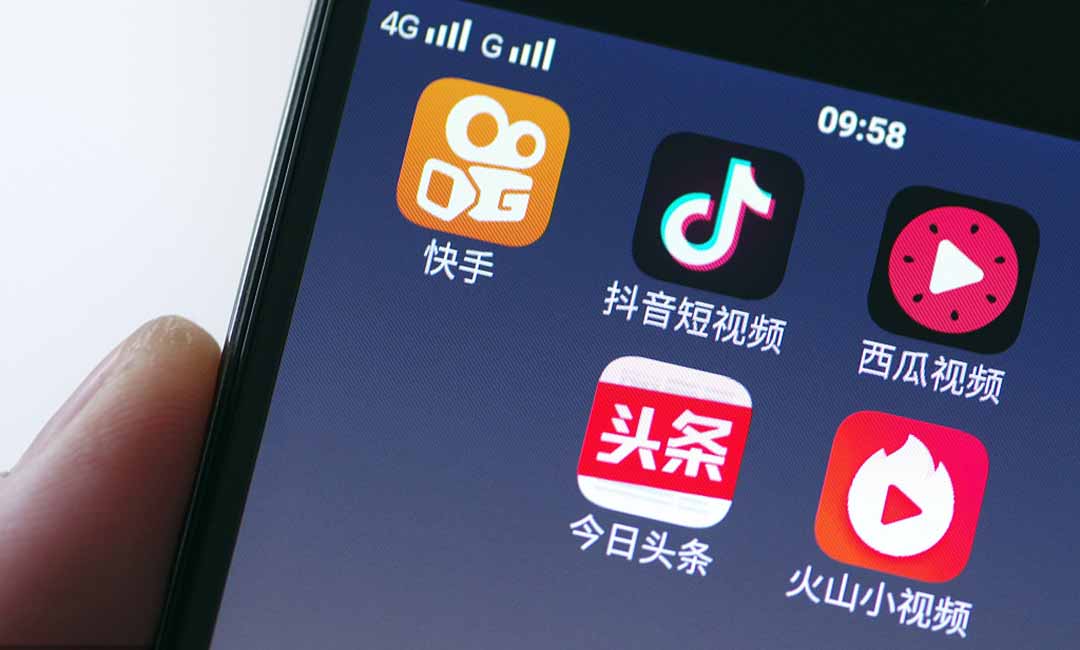Chinese unicorn Jinri Toutiao is making its first foray into the country’s lucrative online paid content market by letting (self-) media set up and operate paid-content columns on its app, which is the most popular news aggregating platform in China, the Beijing-based startup told us.
The new feature is on alpha test and there is no exact timetable for official launch, according to Toutiao.
As of now almost all content on Toutiao is free to browse, the future launch of the paid content feature marks that Toutiao is taking a strike to set up the first partial paywall for its highly popular and sticky news platform.
Unlike their western peers, most Chinese newspapers and magazines’ websites are free to read – with the notable exception of Caixin among other premium media brands. That said, many content platforms, be it text-based like Toutiao or audio-based, like XimilayaFM we wrote about earlier, have been exploring ways to monetize their premium content.
China’s paid content gold rush
In 2017, the Chinese market for paid content has reached $738.9 million (¥4.91 billion) and is expected to grow to $3.5 billion (¥23.51 billion) by 2020, according to consulting firm iResearch.
Last December, Toutiao was reportedly embedding an audio paid content feature Xinzhi, meaning new knowledge in Mandarin Chinese, to its flagship news aggregator.
The Beijing-based company claimed that it hosts over 1.2 million Toutiaohao accounts—including media outlets, government services, bloggers, and influencers—who publish 500k pieces on a daily basis in 2017.
Apart from Toutiao, companies that seek to ride on the wave of the booming paid content industry include audio platforms such as China Literature-backed Ximalaya FM and Baidu-invested Qingting FM, as well as dedicated paid content apps including Dedao which claimed in February last year that its app has generated a revenue of ¥140.9 million ($21 million). Q&A website Zhihu has also launched paid content features to diversify its revenue streams.
WeChat, the super app run by Tencent, was said to be allowing users to pay for the subscription to WeChat official accounts, according to Tencent founder Pony Ma’s comment on a WeChat moment post last year. But until now, WeChat hasn’t added that feature to the app.
Editor: Ben Jiang
